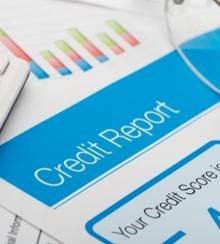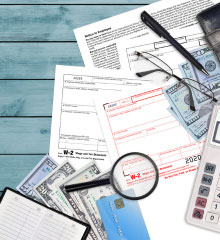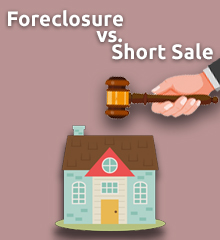How To Get a Car Loan After Bankruptcy in Florida?
Updated on 19 May 2025
You might think it will be impossible to secure a car loan after filing for bankruptcy in Florida. However, you might be surprised to learn that you can usually get an auto loan shortly after filing.
Because each creditor establishes its own set of standards for approving applications, you can generally find a lender that is willing to work with you. In fact, many Florida creditors prefer to make loans to people who have eliminated their debts in bankruptcy over those who are still struggling to make ends meet each month.
Car Loan After Chapter 7 Bankruptcy in Florida
Under Florida law, there is nothing legally preventing you from getting an auto loan after Chapter 7 bankruptcy, as long as the court has issued the final discharge in your case. This means if you find a lender that agrees to finance you despite the filing, you can take out a loan as soon as the discharge is complete.
However, we recommend that you wait at least six months before applying for an auto loan, if possible. This time frame will give you enough time to improve your credit score and start rebuilding a positive credit history. Because your credit history is the most significant factor when calculating your credit score, making on-time payments for six months can give your score a substantial bump. A better credit score will let you secure a lower interest rate and more favorable terms.
With Chapter 13, you don’t necessarily have to wait until your debts are discharged to buy a car. Because a Chapter 13 case remains open for up to 5 years while you are completing your court-ordered repayment plan, Florida law gives you the flexibility to get a car if you need one. If you can show your court-appointed Trustee that buying a vehicle is a necessary and reasonable request, they will likely give you permission to do so.
What Are Interest Rates?
An interest rate is the price a lender charges you in exchange for borrowing money from them. This rate is usually expressed as a percentage of the total amount you borrowed using the annual percentage rate (APR).
If you take out an auto loan after filing for bankruptcy, you can expect to be assessed a relatively higher interest rate than you would have been had you not filed. However, even if you initially get stuck with a subprime interest rate, refinancing for a lower rate once your credit score improves can help you pay less in interest.
Rebuilding Credit to Improve Car Loan Chances
One of the most crucial steps to secure a car loan after bankruptcy in Florida is to rebuild your credit. Demonstrating responsible financial behavior can improve your credit score and increase your chances of getting approved for a car loan with better terms. Here are some tips to help you rebuild your credit:
1. Pay your bills on time: Consistently making on-time payments for all your bills, including rent, utilities, and credit card balances, can help boost your credit score and show lenders that you are a responsible borrower.
2. Obtain a secured credit card: A secured credit card is backed by a deposit you make with the issuing bank. Using this card responsibly and paying the balance in full each month can help you rebuild your credit.
3. Monitor your credit report: Regularly check your credit report for errors and inaccuracies. If you find any, dispute them with the credit bureaus to improve your credit score.
Choosing the Right Car and Lender
After bankruptcy, it's essential to choose a car and lender that suits your financial situation. Keep the following factors in mind:
1. Affordability: Opt for a vehicle that you can comfortably afford. Don't be tempted by luxury models or features that might strain your budget.
2. Reliable vehicle: Choose a car known for its reliability and low maintenance costs. This will help you avoid additional financial stress from unexpected repair bills.
3. Lender selection: Research lenders that specialize in providing car loans to people with a history of bankruptcy. Compare their terms and interest rates to find the best option for you.
Final Thoughts
Getting a car loan after bankruptcy in Florida is possible, but it requires planning and patience. By focusing on rebuilding your credit, choosing an affordable and reliable vehicle, and researching lenders, you can secure a car loan that fits your needs and budget. Remember that consistently making on-time payments on your new car loan can further improve your credit score, setting you up for better financial opportunities in the future.


